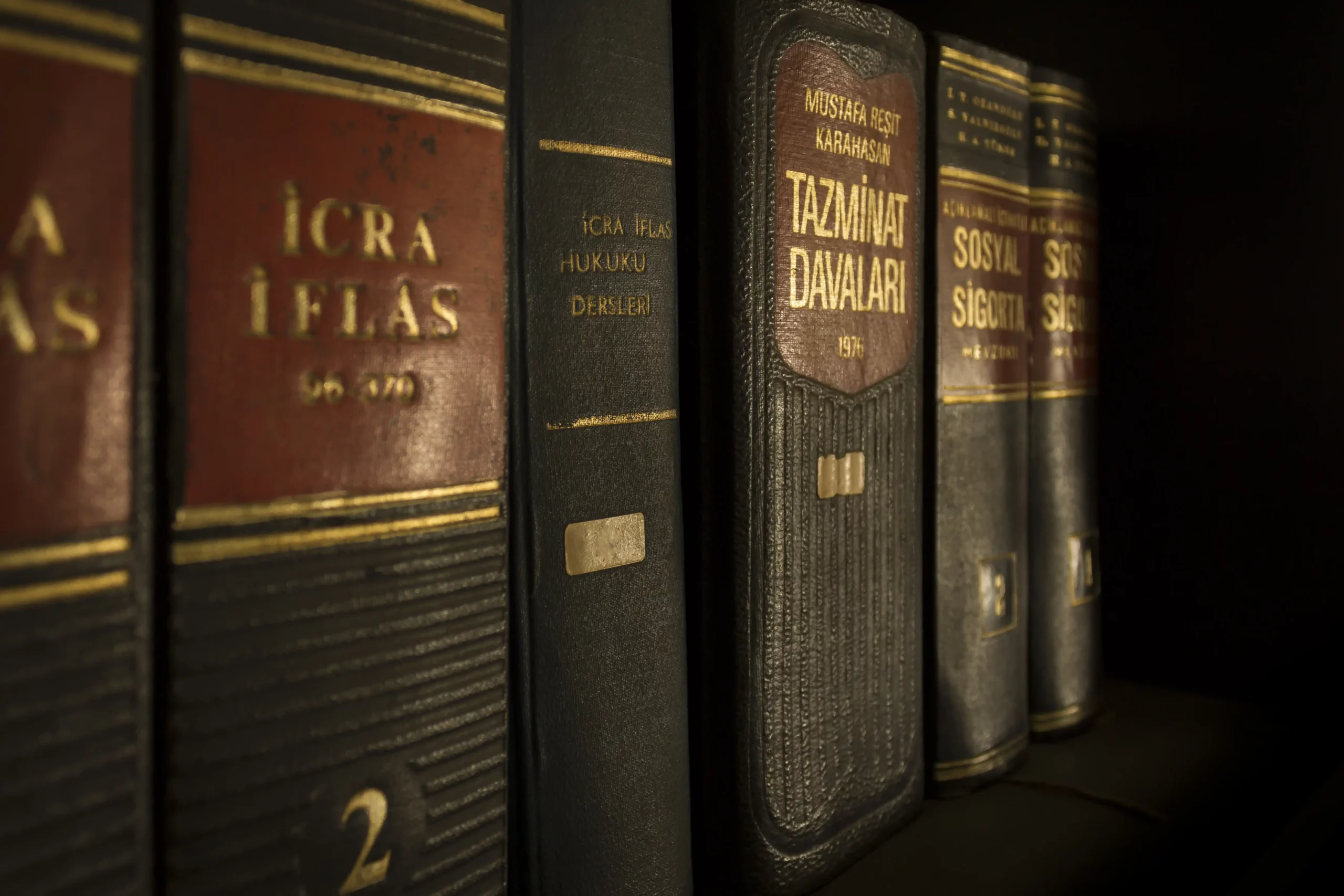
ARTICLES & UPDATES
KEEP IN TOUCH

Non-Kuwaiti Ownership of Joint-Stock Company Shares Doesn’t Bar Property Ownership!
The Kuwaiti newspaper Al-Qabas, in its economic section, published on November 26, 2023, reported that the Ministry of Justice refuses to register properties under the names of joint-stock companies in which non-Kuwaiti shareholders hold shares, citing Law No. 74 of 1979, Article (8), which prohibits commercial companies with non-Kuwaiti partners from owning real estate. This decision obstructs the operations of joint-stock companies, especially considering that non-Kuwaiti ownership of shares is variable and cannot be restricted under Law No. 20 of 2000, which allows non-Kuwaitis to own shares in joint-stock companies.
Moreover, the Ministry applies double standards by allowing banks, publicly traded joint-stock companies, to register properties under their names, enabling non-Kuwaitis to trade and own shares. The Ministry lacks the authority to prevent joint-stock companies from owning properties because when Law No. 74/1979 was issued, which prohibits commercial companies with non-Kuwaiti partners, under the Commercial Companies Law 15/1960 (repealed), the intention of the legislation was not to address joint-stock companies, as these companies were at that time restricted to Kuwaitis.
The intent of Law 74/1979 was to address other non-joint-stock companies in which non-Kuwaiti partners could have a stake of up to 49%, as the text of the law is clear and explicit and cannot be broadly interpreted. The text of Law No. 74/1979 is directed towards non-joint-stock commercial companies in which non-Kuwaiti partners participate, and the term “partner” differs from “shareholder,” with partners having ownership in all aspects of the company, unlike shareholders who own tradable, equal-value shares.
Law No. 20/2000 introduced an exemption for joint-stock companies from the provisions of Law No. 74/1979. It is recognized that non-Kuwaiti ownership of shares is indirect and changeable, distinct from direct ownership of real estate. Non-Kuwaitis must immediately dispose of
inherited properties or those acquired through company liquidation. During liquidation, assets are sold, not distributed in-kind, highlighting that Law No. 74/1979 doesn’t apply to joint-stock companies.
The management structure of joint-stock companies operates under stricter operational frameworks compared to other company types. In joint-stock companies, shareholders do not possess direct managerial authority, unlike in commercial companies. Furthermore, as the founder’s personality dissolves upon the completion of subscription procedures and share distribution, they derive their rights from the shares they own rather than from the founding contract. In the event of selling shares, the founder becomes obsolete, and the company’s contract remains unaltered, with the purchaser of those shares seamlessly entering in place of the seller because the company is entirely separate with its own legal personality from the founders.
In contrast, partners in other types of companies derive their rights and obligations from the founding contract from the moment of signing and registration until the company’s dissolution, and similarly, purchasers of shares under an amendment contract derive their rights from the original founding contract.
Lawyer: Abdulrazzaq Abdullah
E-mail: azq@aaplf.com

